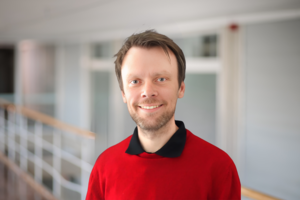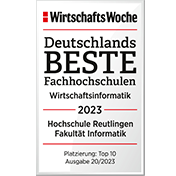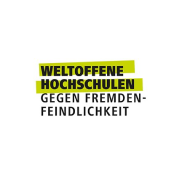

Smart City Living Lab
Cities around the world are undergoing rapid change and are equally confronted with the challenges of providing the most important resources for the population, such as food, energy, and water, and integrating them into material cycles to ensure socially balanced and economically productive communities.
The Herman Hollerith Zentrum (HHZ) at Reutlingen University is dedicated to issues of the future, such as digitalization and the associated changes in society. To tackle and solve these tasks, innovations are developed and tested in the context of the development of smart cities. The transfer of findings from research into applicable solutions is a central component of research at HHZ.
In the Smart City Living Lab (Living Lab = real-world laboratory), research is conducted together with local stakeholders from politics, business, and civil society in the field of Smart City. The Living Lab is a user-centered, real-world research environment in which research and development are carried out together with relevant stakeholders. A key difference between the Living Lab and related user-centered research methods is that it enables users to collaborate in an open development environment.
This approach shifts the development of innovative products from the laboratory to the real world. Potential users can express their opinions on new products and services as early as possible or test initial prototypes in everyday life. The Living Lab process generally focusses on the activities of co-creation, exploration, experimentation and evaluation, which are carried out in the Living Lab by an interdisciplinary team.
The partners of the Smart City Living Lab are the district of Böblingen and the towns and municipalities in the district.
Through the Smart City Living Lab, various projects are implemented cross-functionally and across research groups. Further insights into typical research projects at the HHZ can be found on our website.
Your contact person







